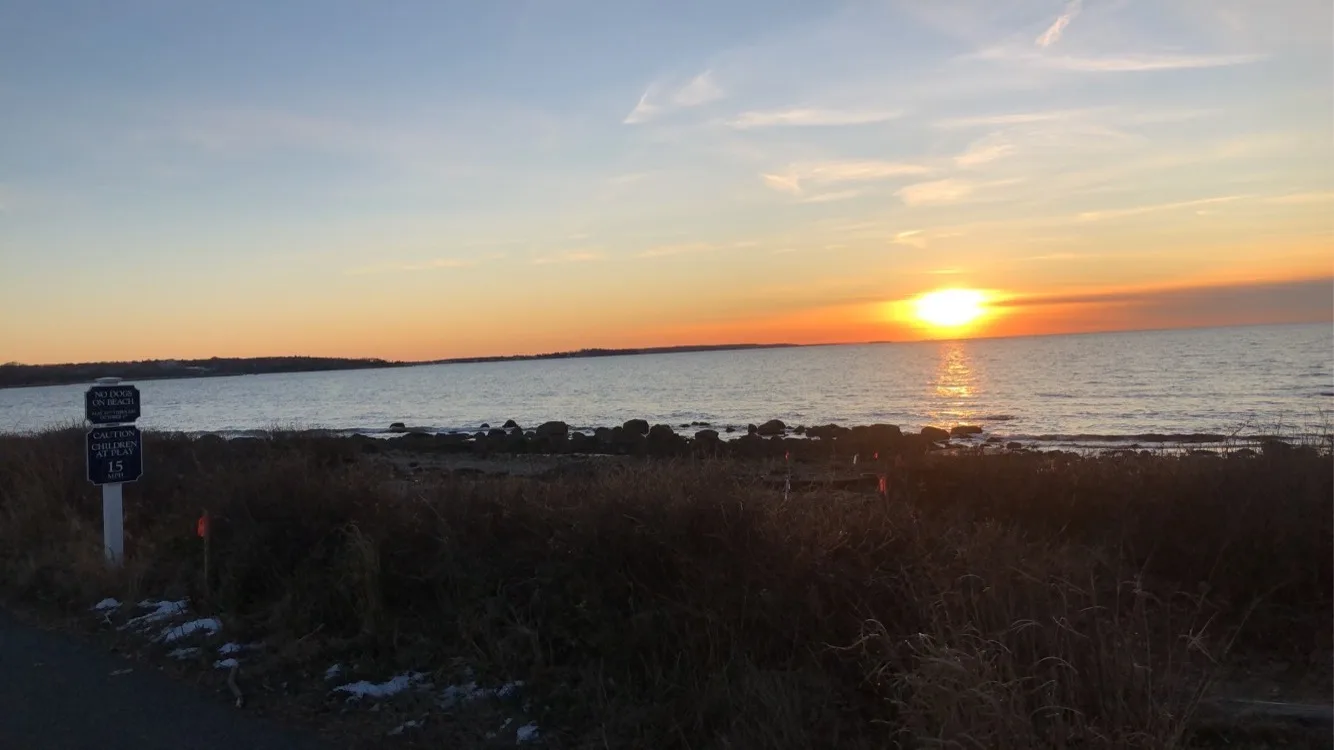Programs Blog
A Deeper Understanding of Traditional Pacific Navigation

Anna Roether, Carleton College
Today concludes our first full week of classes onshore. Many of us feel that we have simultaneously been here forever yet feel like we got here just yesterday. This is probably due to the mass amount of information we have already learned and the still-new connections we are making with our future shipmates. Each week here onshore is built around a theme that is incorporated into a focus in each of our classes. We then get together every Friday in an interdisciplinary workshop to not only discuss the theme but to also collect our thoughts as a group. This is something that will be important to do, especially on the ship where we might not see everyone every day due to our watch schedule.
The theme of our first week was Traditional Pacific Navigation. We continuously saw this theme throughout the week in our classes and guest speakers. From learning about the first Polynesian voyages in Maritime History and Culture to learning specific navigation techniques from John Huth (a Harvard particle physicist with a special interest in navigation), we dove deep into traditional navigation. However, when it came to the group discussion the group did not seem to fixate on the technicalities of sailing. Instead, I think a much larger conversation took place. We all acknowledged the vast amounts we learned about the Polynesian people but struggled with figuring out our role in learning this information.
The story of the indigenous people of Polynesia, and more specifically New Zealand, follow similar trends to other indigenous groups around the world. The first European explorers arrive and years later they are followed by settlers. Both of which often bring conflict, disease, and attempts to enforce their way of life. My classmates noted how they want to feel empathy but also feel inherent guilt which needs to be acknowledged. We are all genuinely interested in learning more about the Māori. However, it was also noted that we cannot just take this information; it is not ours. The Māori people must choose to give the information to us. This sharing of information isn’t always done without lasting sincere connection. Therefore, a genuine interest in Māori culture is not always enough to earn this information as we heard from Professor King’s personal accounts. Others noted how expressing this genuine interest in Māori culture may seem like a form of flattery to those expressing the interest. However, the people who belong to that culture often do not feel that way.
The themes over the next few weeks shift towards issues relating to the environment more than the culture. However, we must recognize that this discussion is not over and that it will be important to revisit this initial discussion as we continue this learning process.
Anna Roether, Carleton College
Recent Posts from the Ships
- Ocean Classroom 2024-A collaborative high school program with Proctor Academy
- Collaborations and Long-term Commitments: SEA’s Caribbean Reef Program Sets a Course for Coastal Programs that Compliment Shipboard Experiences.
- Sea Education Association students prepare for life underway using state of the art nautical simulation from Wartsila Corporation.
- SEA Writer 2022, Magazines From the Summer SEA Quest Students
- Technology@SEA: Upgrades Allow Insight into Ocean Depths
Programs
- Gap Year
- Ocean Exploration
- High School
- Science at SEA
- SEA Expedition
- SEAScape
- Pre-College
- Proctor Ocean Classroom
- Protecting the Phoenix Islands
- SPICE
- Stanford@SEA
- Undergraduate
- Climate and Society
- Climate Change and Coastal Resilience
- Coral Reef Conservation
- Marine Biodiversity and Conservation
- MBL
- Ocean Exploration: Plastics
- Ocean Policy: Marine Protected Areas
- Oceans and Climate
- Pacific Reef Expedition
- The Global Ocean: Hawai'i
- The Global Ocean: New Zealand